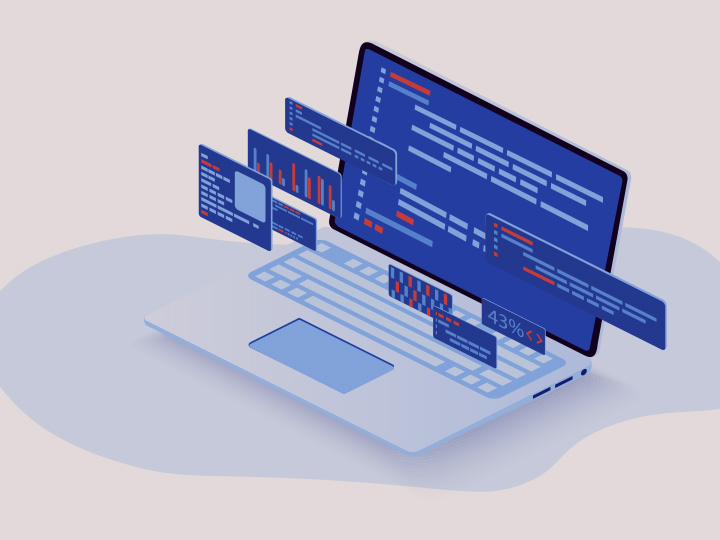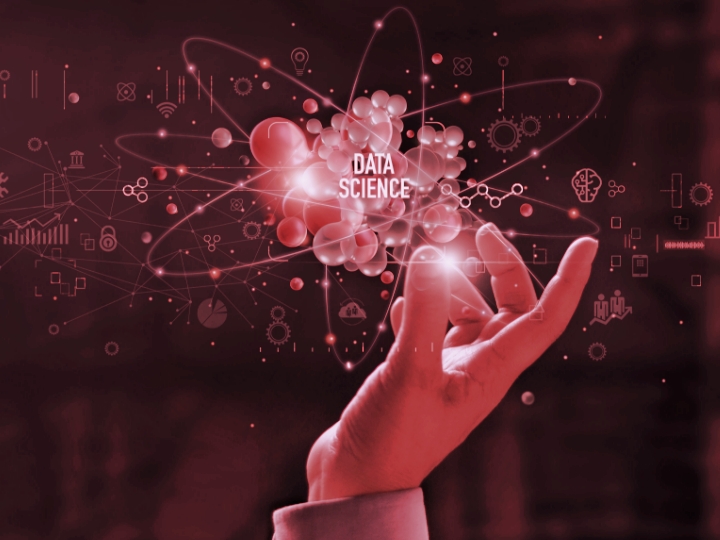AI and Data Science Showcase Winners Spotlight Health & Environment Challenges
AI and Data Science Showcase Winners Spotlight Health & Environment Challenges

The Hewlett Packard Enterprise Data Science Institute and the University of Houston Department of Computer Science hosted the biannual AI and Data Science Showcase on December 2, 2025. Each year, the event provides a platform for the innovative research of undergraduate and graduate students at UH.
Presentations by 35 teams at the fall semester event were evaluated by a panel of judges based on innovation, feasibility, impact, and presentation quality. Winning teams received certificates of achievement for their outstanding work.
The December showcase is part of the HPE DSI’s mission to foster research and cross-disciplinary collaboration in emerging data science fields. It also reflects the University's continued investment in student-led research and its dedication to preparing the next generation of AI and data science leaders.
First Place
Team: Dylan Berens, Dominic C. McDonald, Shruthi Yenamagandla
Project: Bioacoustics: Assessing Ecosystem Biodiversity Using Transformers
Second Place
Team: Ayush Gupta, Kosar Rahimi
Project: Using Deep Learning to Explore How RNA Molecules Fold and Unfold
Third Place
Team: Javier Alvarez, William D. Steward, Niket Gupta
Project: Dual-Pipeline Lung Cancer Detection System: AI-Powered Lung Cancer Detection System
Fourth Place
Team: Xinyu Qin, Ruiheng Yu
Project: Interpretable and Interactive Deep Survival Analysis with Time-Dependent Extreme Gradient Integration
Fifth Place (Tie)
Team: Junhee Park, Aryan Prajapati, Nathan Loredo
Project: Cardiovascular Disease Prediction
Fifth Place (Tie)
Team: Siyu Gan, Liang Ma
Project: A Conditional Diffusion Model for Ocean Wave Height Forecasting
Judges
Rohan Chaudhary, Guoning Chen, Ishita Sharma, Jerry O. Ebalunode, Andrew J. Kapral, Pam Qian, Nouhad Rizk, Kishan Yerneni
Organizing Committee: Claudia Neuhauser, Nouhad Rizk, Andrew Kapral, Ishita Sharma

